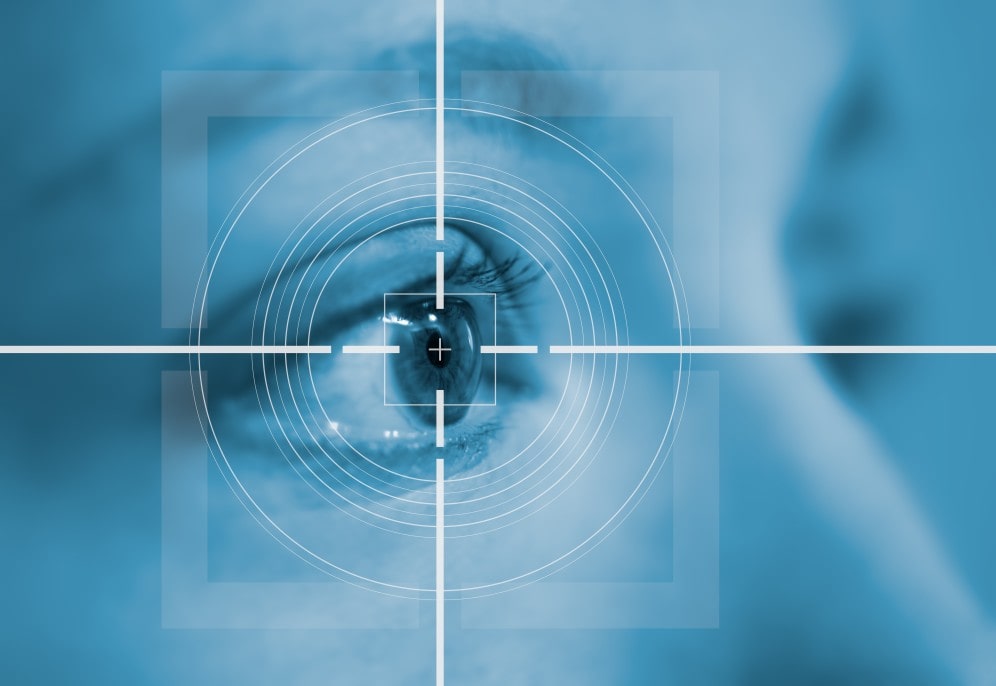
With over 25 years in the field of Ophthalmology, Dr. Malik’s experience as a leader in the field of cataract surgery is on display in an interactive Q&A session with questions from our friends on social media! Have a look at the curiosities of our community and the answers directly from Dr. Malik!
Q: Is becoming a doctor hard? How many years of school are necessary?
To become an Ophthalmologist you will need to finish 4 years of University, 4 years of Medical School, and 4 years of Ophthalmology training.
Q: Can I have LASIK done if my prescription is -6.00? I’m 23 years old.
Lasik and or PRK are excellent options even for Myopia up to -12.00. But there are many other factors which will determine which procedure is best for you.
Q: I want to become an ophthalmologist, is the board-certification process difficult?
After finishing your residency in Ophthalmology, you are technically Board Eligible. In order to become Board Certified you will need to pass an additional written and practical exam.
Q: How much does LASIK surgery cost?
The cost of Lasik surgery can vary but it is in the ballpark of $3,000 per eye.
Q: If someone is legally blind is it possible to restore their vision to a working level?
Legally blind means that your corrected vision is no better than 20/200. If there is treatable pathology causing the decrease of vision, then absolutely it may be treatable. All depends on what is the cause of the decreased vision.
Q: My grandma has cataracts, can she have surgery if she has high blood pressure and diabetes also?
Most patients requiring Cataract Surgery are elderly and have multiple medical conditions such as HTN and Diabetes. As long as these conditions are stable, we can perform their Cataract Surgery.
Q: How often should I have my eyes checked for diseases?
If you require glasses your Rx should be checked once every year. Everyone over the age of 40 should have their eyes checked at least once every year. Obviously if a patient has other medical or ocular conditions then the visits should be more frequent.
Q: Are eyeball transplants possible for someone who doesn’t see in their eye?
At the present time we cannot transplant an entire eyeball. However, there are corneal transplants as well as retinal transplants for those patients inflicted with disease in those structures of the eye.
Q: Does insurance cover LASIK treatment?
Most insurances do not cover LASIK since it is considered a cosmetic procedure. However, they may allow a stipend of 10% off towards LASIK.
Q: Are there any requirements to qualify for cataract surgery? I am 52 years old and my eyesight is failing me.
Most people going into their 50’s will start getting cataracts. This can cause you to see blurry and increase the need for glasses. Many patients will benefit from different procedures such as Monofocal LASIK treatment or Cataract Surgery with Multifocal Implants in order to achieve better vision with less dependency on glasses.
Q: I’ve heard that LASIK results aren’t permanent and that you can lose your vision again, is that true?
Most LASIK patients will see well for distance without requiring any further enhancements. As you get into your 60’s your Rx may start shifting because of the formation of cataracts and require you to need glasses again.
Q: Does LASIK or PRK hurt or cause any discomfort during recovery?
LASIK typically has a much faster healing time than PRK. The surface of the eye requires about 1-2 days to heal after LASIK and 4-5 days to heal with PRK. During this time there may be some discomfort and pain.
Q: How old do you need to be to get LASIK surgery?
We will want patients to be at least 20 before getting LASIK since the anatomy and Rx of the eye is still changing until this time. We also look at the stability of the Rx to see if the patient is in fact ready for LASIK surgery.
Q: I have constant pain in my left eye but it doesn’t get red or affect my vision, what could this be?
There may be many reasons for the pain in your eye. It can be a simple problem such as Dry Eyes or Allergies but it can also be from more severe conditions such as Glaucoma. We can only make a determination after doing a comprehensive eye exam.
Q: Do you have any advice for someone looking to get into the ocular field in medicine?
I believe Ophthalmology is a great field within medicine. It is very gratifying to be able to give the gift of sight to patients who are suffering with different diseases of the eye. If you are interested, I recommend that you work or volunteer with an Optometrist and or Ophthalmologist to see if this is your passion.
Q: How early can cataracts be detected in the eyes? Are there any special tests I should ask for to detect them?
Cataracts typically present in the mid 50’s and in most circumstances do not require surgical intervention until your late 60’s to early 70’s. However, there are cases where patients present with cataracts at a much earlier age. Cataracts can be easily detected by a dilated exam using a slit lamp.

